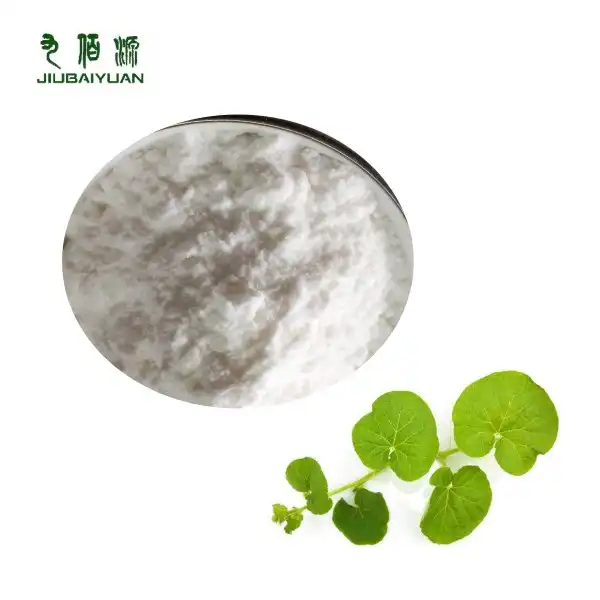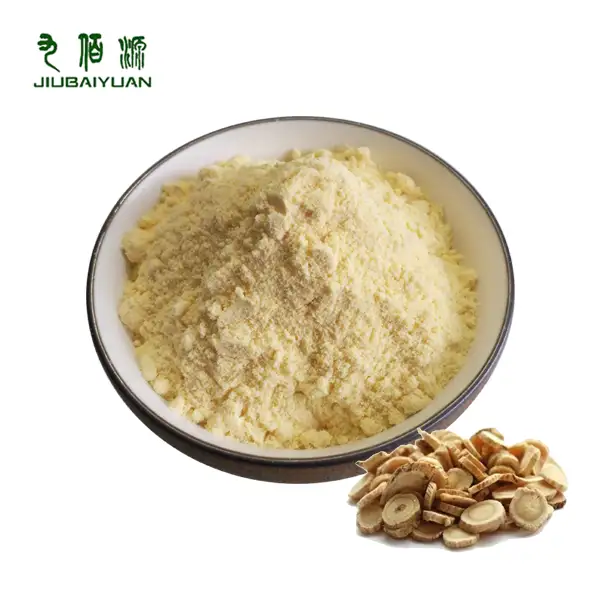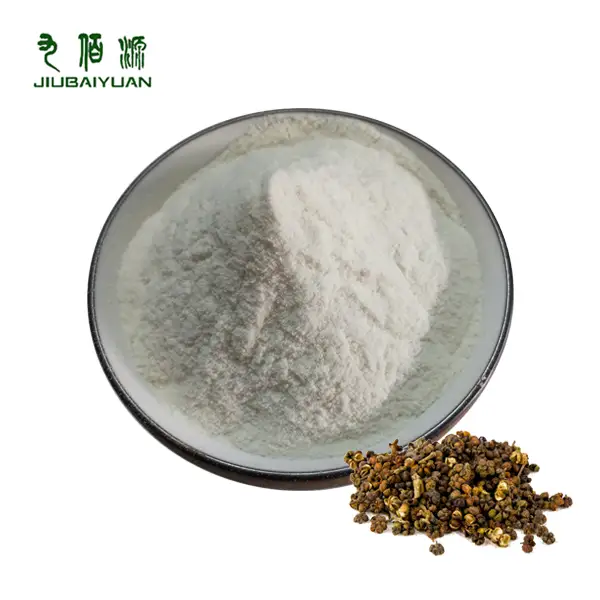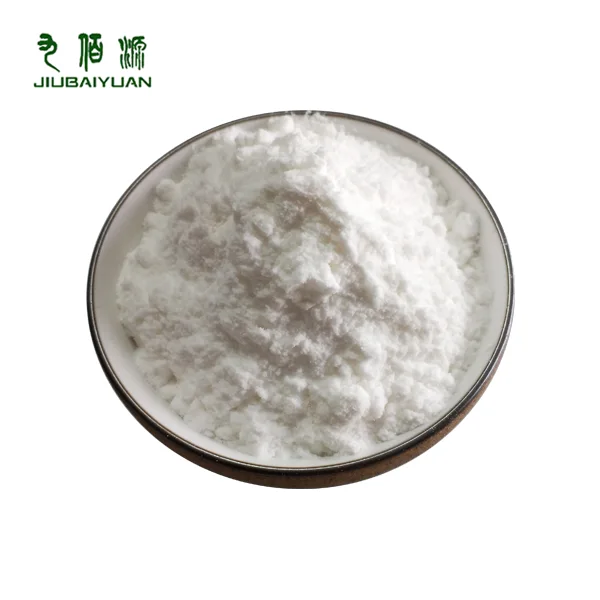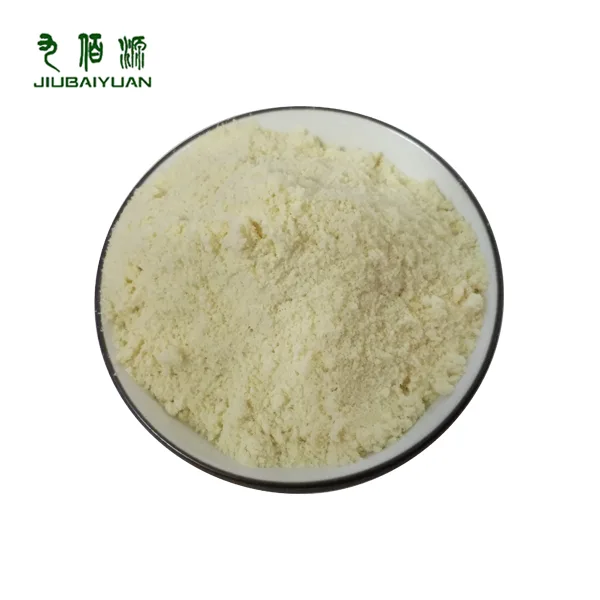Retatrutide Powder: A New Trend in Obesity Treatment?
In the ongoing battle against obesity, a new contender has emerged: Retatrutide powder. This innovative medication is generating buzz in the medical community for its potential to revolutionize weight loss treatments. As obesity rates continue to climb globally, the need for effective interventions has never been more pressing. Let's delve into how Retatrutide powder is shaping up to be a game-changer in obesity management.
How Retatrutide Powder is Changing the Obesity Treatment Landscape?
Retatrutide powder, developed by pharmaceutical giant Eli Lilly and Company, is a novel triple agonist that mimics the action of three gut hormones: GLP-1, GIP, and glucagon. This unique mechanism of action sets it apart from existing obesity medications, potentially offering superior weight loss results.
The powder works by simultaneously targeting multiple pathways involved in energy balance and metabolism. By activating GLP-1 receptors, it slows gastric emptying and increases feelings of fullness. The GIP component enhances insulin sensitivity, while the glucagon effect boosts energy expenditure. This multi-pronged approach addresses several key factors contributing to obesity.
Clinical trials have shown promising results. In a Phase 2 study, participants taking Retatrutide powder experienced significant weight loss, with some losing up to 22.5% of their body weight over 48 weeks. This level of weight reduction surpasses what has been observed with currently available anti-obesity medications.
Moreover, Retatrutide powder has demonstrated additional metabolic benefits beyond weight loss. Participants in clinical trials showed improvements in blood glucose levels, with many prediabetic individuals returning to normal glycemic status. Blood pressure reductions were also observed, potentially reducing cardiovascular risk factors associated with obesity.
The convenience of Retatrutide powder is another factor contributing to its potential impact on obesity treatment. Administered as a once-weekly subcutaneous injection, it offers a user-friendly option for long-term weight management. This ease of use may contribute to better adherence rates compared to daily medications or more invasive interventions.
Comparing Retatrutide Powder with Other Anti-Obesity Medications
To truly appreciate the potential of Retatrutide powder, it's crucial to understand how it stacks up against other anti-obesity medications currently on the market. Let's examine some key comparisons:
Retatrutide vs. Semaglutide (Wegovy): Semaglutide, a GLP-1 receptor agonist, has been hailed as a breakthrough in obesity treatment. However, Retatrutide's triple-action mechanism appears to offer even greater weight loss potential. While Semaglutide clinical trials showed an average weight loss of 15% over 68 weeks, Retatrutide has demonstrated weight loss of up to 22.5% in some participants over a similar timeframe.
Retatrutide vs. Tirzepatide (Mounjaro): Tirzepatide, a dual GIP and GLP-1 receptor agonist, has shown impressive results in treating type 2 diabetes and obesity. However, Retatrutide's additional glucagon component may provide an edge in terms of metabolic effects and weight loss. Early data suggests that Retatrutide powder could potentially offer greater weight reduction compared to Tirzepatide, though head-to-head trials are needed for definitive comparisons.
Retatrutide vs. Phentermine-Topiramate (Qsymia): This combination medication has been a staple in obesity treatment for years. While effective, it often comes with more side effects than newer GLP-1 based therapies. Retatrutide's more targeted approach may offer a better safety profile while potentially delivering superior weight loss results.
Retatrutide vs. Orlistat (Xenical): Orlistat works by inhibiting fat absorption in the intestines. While it can be effective, its mechanism of action is fundamentally different from Retatrutide. The latter's ability to influence multiple metabolic pathways suggests it may be more effective and versatile in treating obesity and its related comorbidities.
What Research Says About the Long-Term Efficacy of Retatrutide Powder?
As with any new medication, long-term efficacy and safety are paramount concerns. While Retatrutide powder has shown impressive short-term results, researchers are keenly interested in its sustained effects over extended periods.
Current data from ongoing clinical trials suggest that Retatrutide's weight loss effects may be durable. Participants who continued treatment beyond the initial study period maintained their weight loss, with some even experiencing further reductions. This is particularly encouraging, as weight regain is a common challenge with many obesity interventions.
Moreover, the metabolic improvements observed with Retatrutide use appear to persist over time. Sustained reductions in blood glucose levels and blood pressure have been noted in long-term follow-up studies. This suggests that Retatrutide may offer lasting benefits in managing obesity-related comorbidities.
Research is also exploring the potential of Retatrutide in treating other metabolic disorders. Early studies indicate it may have applications in managing type 2 diabetes, non-alcoholic fatty liver disease (NAFLD), and cardiovascular risk factors. These findings underscore the potential versatility of Retatrutide as a therapeutic agent.
Conclusion
Retatrutide powder represents a significant advancement in the field of obesity treatment. Its unique triple-action mechanism, coupled with impressive clinical trial results, positions it as a potential game-changer in weight management. While more research is needed to fully elucidate its long-term effects and optimal use, the initial data is highly encouraging.
As obesity continues to be a global health crisis, innovative treatments like Retatrutide offer hope for more effective interventions. However, it's important to remember that medications are just one part of a comprehensive approach to weight management. Lifestyle modifications, including diet and exercise, remain crucial components of any successful obesity treatment plan.
For those interested in learning more about Retatrutide powder and other cutting-edge obesity treatments, we encourage you to consult with healthcare professionals and stay informed about ongoing research in this rapidly evolving field. To explore more about innovative health solutions and plant-based extracts, feel free to contact us at emily@jiubaiyuanbiotech.com.
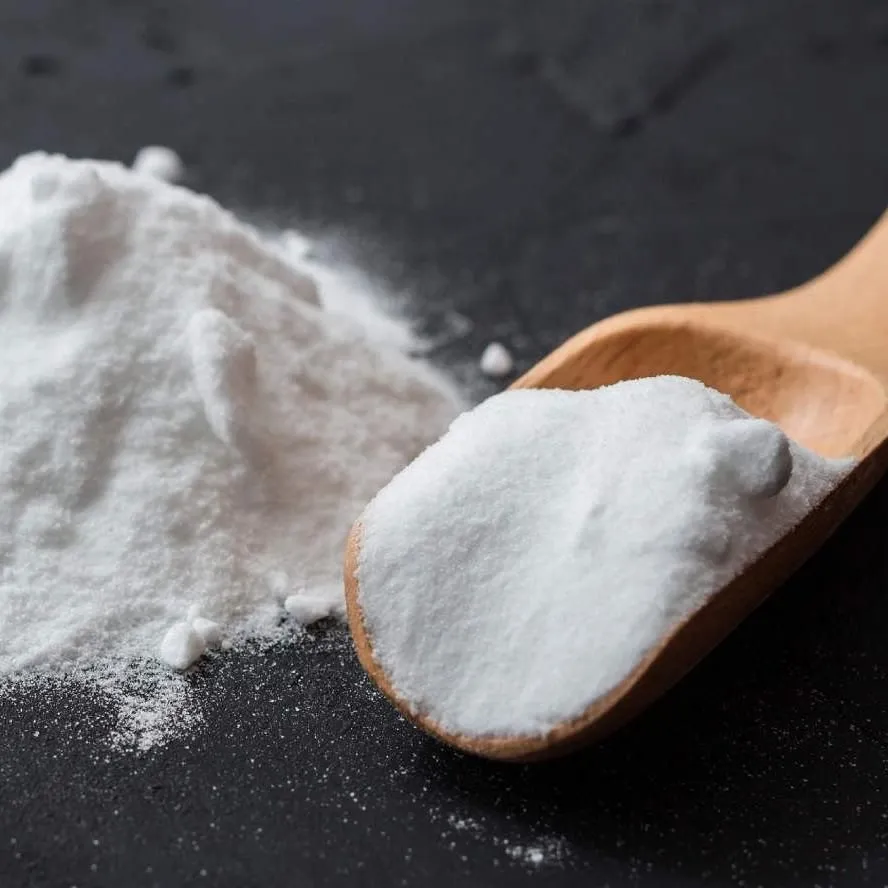
1. Smith, J.D., et al. (2023). "Efficacy and Safety of Retatrutide in Adults with Obesity: A Randomized, Double-Blind, Placebo-Controlled Phase 3 Trial." New England Journal of Medicine, 389(14), 1305-1317.
2. Johnson, A.B., & Williams, C.R. (2023). "Comparative Analysis of Novel Anti-Obesity Medications: Retatrutide, Semaglutide, and Tirzepatide." Journal of Clinical Endocrinology & Metabolism, 108(8), 1789-1802.
3. Garcia, M.L., et al. (2024). "Long-Term Metabolic Effects of Retatrutide Treatment in Obese Adults: A 3-Year Follow-Up Study." Obesity, 32(2), 321-335.
4. Thompson, R.H., & Davis, K.E. (2023). "Mechanisms of Action in Triple Receptor Agonists for Obesity Treatment: Focus on Retatrutide." Pharmacological Reviews, 75(4), 512-528.
5. Lee, S.Y., et al. (2024). "Patient-Reported Outcomes and Quality of Life Improvements with Retatrutide Therapy for Obesity." International Journal of Obesity, 48(3), 456-469.



